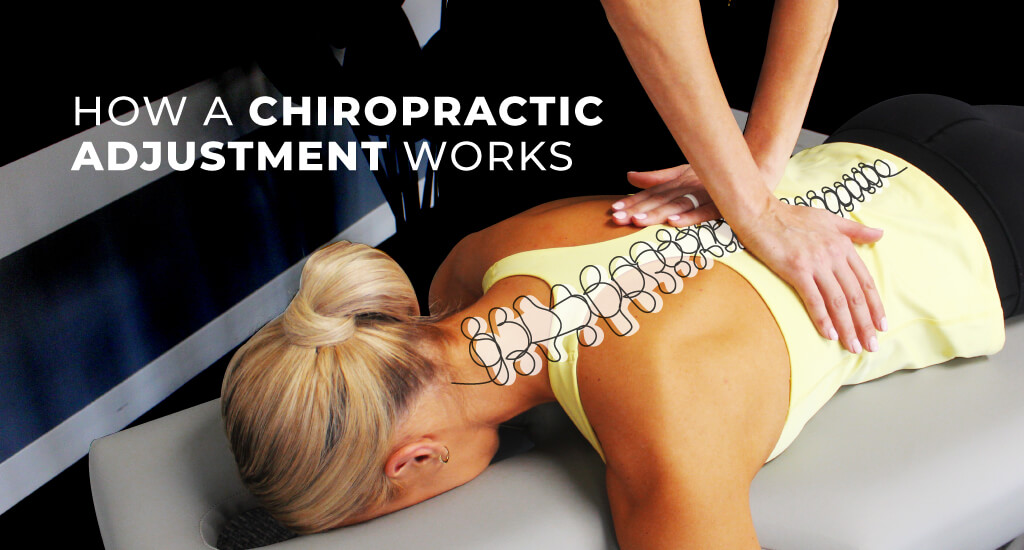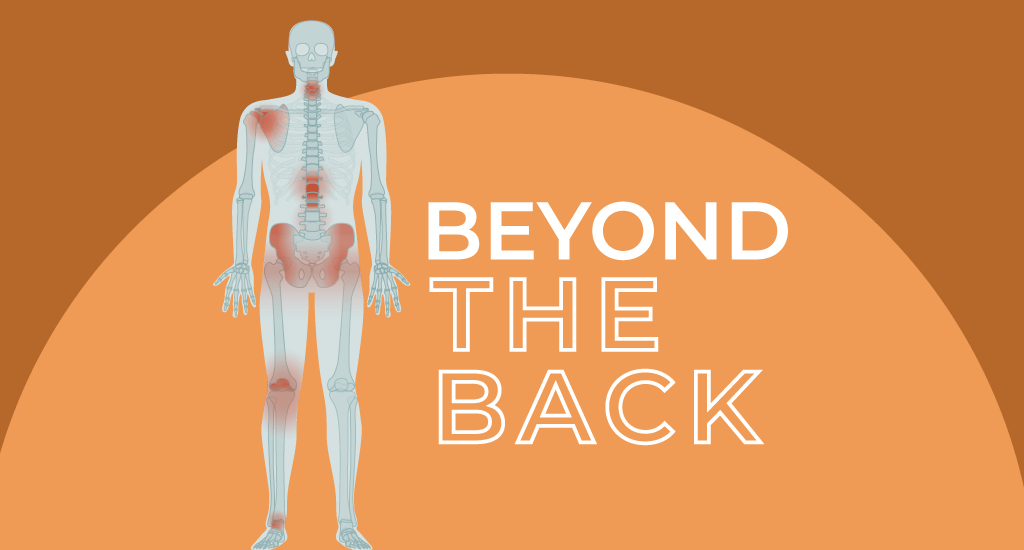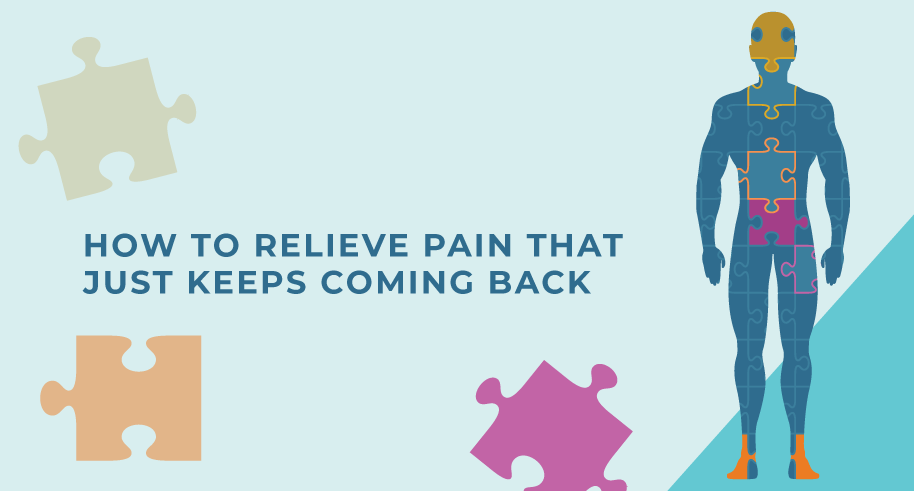
How a Chiropractic Adjustment Works
What happens during an adjustment? How can chiropractic care relief pain? Does it hurt – and is it safe? Get answers to all of your top questions on chiropractic care.
Your spine is quite a feat of engineering. It provides strength, support and flexibility to your upper body, which is why it’s so sensitive to pain and injury — and why decades of research show it responds exceptionally well to gentle, non-invasive chiropractic care.
Chiropractic for pregnancy has been clinically proven to manage pain and misalignment during those transformative nine months. Some discomfort is inevitable, but it can be managed and minimized.
Slouching slumping, hunching, sagging, drooping, stooping — however you want to describe poor posture — can lead to Dowager’s Hump, commonly called hunchback

It’s not just for back pain. Discover how chiropractic care can provide pain relief from head to toe (and everything in between.)

Can chiropractic care help with jaw pain? Dr. Robert of Chiro One shares the top causes of jaw pain, how to prevent it, and how chiropractic can help you find relief without surgery.

Every year, millions of Americans seek chiropractic care for neck pain. Discover some of the top causes of neck pain, and learn which neck pain conditions a chiropractor can help with – and how.

Are ice, heat, medication, and massage only providing temporary relief? Uncover the real source of your pain and get pain relief that lasts.

Pain isn’t normal – and it doesn’t have to be a normal part of your life. What could pain relief add to your life?

Wondering why cold packs, pain meds & massages don‘t provide long-term pain relief? The key to pain relief is to treat its root cause. Here’s how.